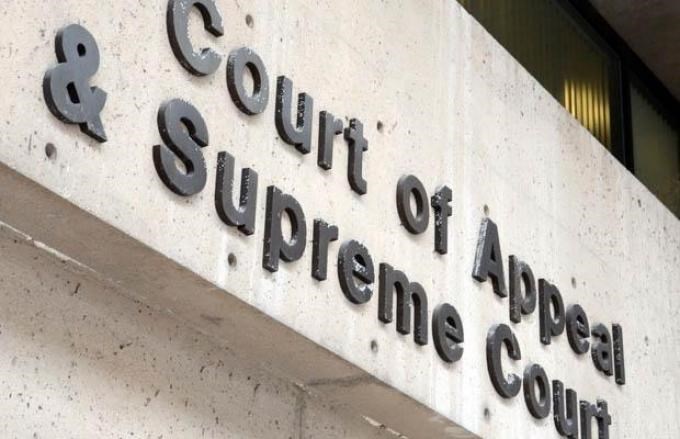B.C.’s Court of Appeal has rejected the appeal of man convicted of second-degree murder in the 2008 killing and dismemberment of his Surrey roommate.
Ernest Hosack appealed his conviction for the murder of Richard Falardeau, claiming his statement to police was inadmissible and that the trial judge failed to find him not criminally responsible due to a mental disorder.
“The judge made none of the alleged errors,” Justice Gail Dickson said in a unanimous, June 29 decision for the three-judge panel.
Dickson said the two met at a Starbucks where Hosack defended Falardeau, 54, in an altercation.
After that, Hosack stayed at Falardeau’s attic suite until he was arrested on June 18, 2008, on an unrelated matter and held in custody until July 14, 2008, when he was released.
On July 16, 2008, Falardeau’s landlord purchased a lock for his suite after Falardeau told him that he and Hosack were not getting along. He did not install the lock.
On July 20, 2008, police found Hosack sleeping in a wooded area of Surrey and took him to hospital for treatment of a head laceration.
The next day, Delta police found him driving erratically in a stolen car and arrested him.
In early August 2008, flies began to appear in increasing numbers in the attic suite where Falardeau lived. The landlord and a tenant entered the suite, which was messy and smelled bad. They found no sign of Falardeau.
On Aug. 20, 2008, police found Falardeau’s badly decomposed body in a suitcase in a suite closet. He had been decapitated.
Between July 21, 2008, and May 10, 2009, Hosack was incarcerated and serving a provincial jail sentence. On his release, he was arrested.
In a police interview, Hosack denied killing Falardeau.
The trial judge found the offence of second-degree murder had been proven but gave lawyers time to work on the issue of criminal responsibility.
An application for a finding of not criminally responsible due to a mental disorder was heard and dismissed.
On April 17, 2018, Hosack was sentenced to life imprisonment without parole eligibility for 15 years.
The appeal court said while Hosack may have exhibited some mental illness his ability to make a voluntary statement to police was not impaired.


